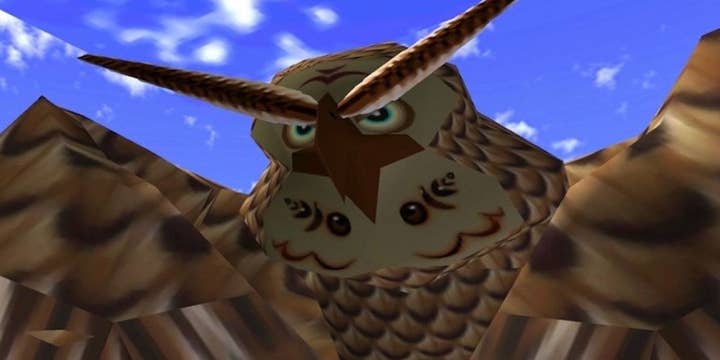Kelsey Beachum described the approach of narrating a story exclusively through cutscenes as "actual madness"
Reliance on cutscenes and straightforward dialogue to convey stories in video games might be driving players away, as they limit storytelling potential. This perspective comes from Kelsey Beachum, well-known for her narrative contributions to games like "Outer Wilds," "Dying Light 2," and "The Outer Worlds." She expressed these views during her keynote speech at Devcom in Cologne.
Beachum highlighted "Super Mario Bros" as an example, where Toad merely tells Mario the princess is elsewhere, halting gameplay and disconnecting the player. She remarked this style of storytelling persists in modern games like "Kingdom Hearts," "Uncharted," and even titles like "Zelda: Tears of the Kingdom," which use cutscenes to interrupt gameplay.
She criticized the term 'story wrapper' often used for cutscenes, suggesting it diminishes the importance of narratives in games, as it implies stories can be discarded like trash. This mindset, Beachum argues, undermines the value of narratives, leading to a perception that story elements can be added later or aren't integral to the game from the start.
Beachum emphasized that narratives help outline a game’s structure, develop character relationships, and provide vital context and motivation for players to proceed. While acknowledging cutscenes as valuable, she stressed the need for diverse storytelling methods such as character dialogue, voiceovers, interactive objectives, environmental storytelling, and visual effects.
She proposed alternative storytelling tools, like using visual cues such as a smoke pillar to entice exploration or structuring levels to incorporate dialogue naturally, as with characters chatting in an elevator. Even user interfaces can foster storytelling, as seen in "Outer Wilds" where the game keeps track of discoveries for players.
Beachum urged game developers to collaborate across departments to leverage all available storytelling tools, instead of relying solely on cutscenes. This integration, she argued, would prevent narratives from becoming a mere afterthought and improve the player experience.

Recalling Kaepora Gaebora from "Zelda: Ocarina of Time," Beachum discussed how long info dumps, where the owl halts gameplay to provide instructions and story updates, exemplify ineffective narrative delivery. Such interruptions disengage players from the gaming experience.
Beachum proposed several solutions, including minimizing cutscenes and shortening dialogues. Story moments should align with crucial gameplay sequences, as exemplified by "Resident Evil 4's" knife fight with Krauser, which integrates narrative effectively within an action scene.
"Keep asking yourself about the best way to deliver each piece of information"
She advised against separating stories from gameplay, arguing a cohesive approach improves both story and gameplay quality. Beachum concluded that seamless narrative integration requires teamwork across all development departments.
Finally, she emphasized that removing the separation between story and gameplay enhances narratives and the overall game.
GamesIndustry.biz served as a media partner for Devcom, with the event's organizers providing travel and accommodation support.